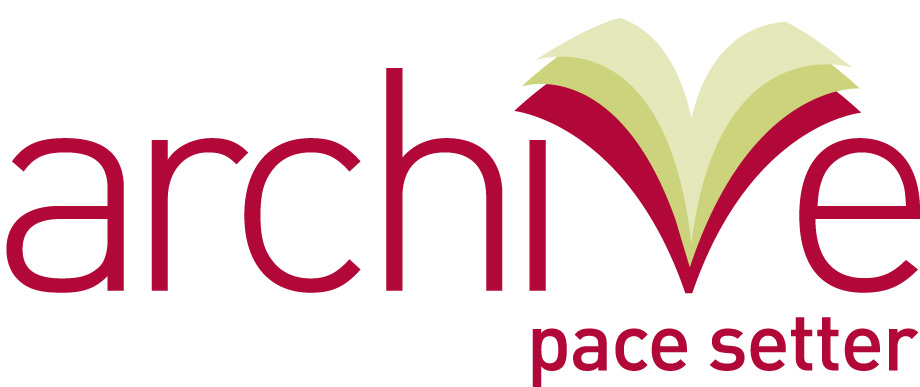This little book, The Scope and Dilemmas of Peace Studies, reproduces the inaugural lecture given in 1974 by Professor Adam Curle, the first Professor of Peace Studies at Bradford University. We already saw how Peace Studies at Bradford began thanks to the efforts of a group of Quakers. Himself a Quaker, Adam Curle came to Bradford as a distinguished academic with a long career of mediation and reconciliation in conflict zones.
The lecture offers an invaluable structured introduction to the ideas underlying the growing discipline of peace studies and to Professor Curle’s own intellectual journey.
Born in 1916, he studied anthropology at Oxford then served in the British Army during the Second World War. He worked at the Tavistock Institute, followed by appointments as Lecturer in Social Psychology at Oxford, Chair in Education and Psychology at Exeter University, consultant on education policy in Pakistan, and Professor of Education at the University of Ghana. He set up the Harvard Center for Studies in Education and Development in 1962.
Professor Curle explained in the lecture how during his time “directly involved in mediation efforts in wars in Africa and Asia”, he realised that negotiation alone was not enough. The negotiator might “ease a particular situation, but the circumstances, the rivalries, the oppression, the scarcity of resources – which had given rise to it – remained”. He also observed that injustice and inequality even in the absence of actual war could not be seen as peaceful conditions given their effects on people’s lives.
From which he concluded that peace studies should be about more than “preventing or terminating wars” and should not promote social arrangements which led to injustice. He believed that those working in the discipline should identify and analyse relationships between people, groups or nations and then “use this information in order to devise means of changing unpeaceful into peaceful relationships”. This link between theory and practice ties the subject into the University’s distinctive mission and has continued ever since.
Adam Curle retired from Bradford in 1978 but continued to work as a peace-maker. He died in 2006. Special Collections at the University holds his archive, containing published and unpublished writings, and a collection of the many books he wrote on peace-making and peace education. Find out more about his life and the significance of his work in the Guardian obituary by his colleague and friend Tom Woodhouse.




